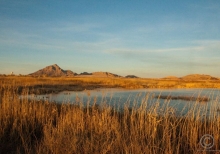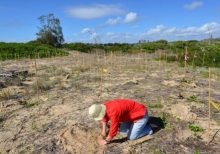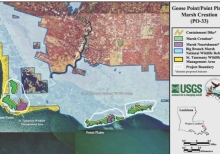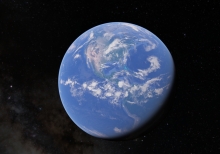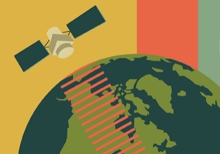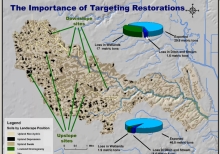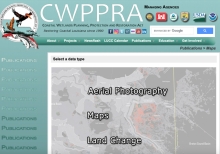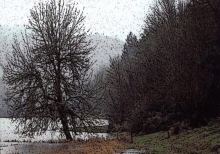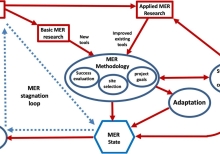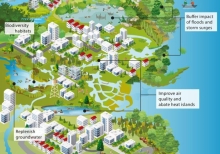How Hurricans Shape Wetlands In Southern Louisiana
While hurricanes aren't likely to entirely remove the wetlands, they are able to do significant damage. Their powerful winds, rainfall and rushing floodwater can do enough harm to permanently remove land. The pounding surf can break down marshes' soft sediments and thick mats of dead grass, which are pliable and easily reshaped. Sometimes channels of fast-moving water flow to inland areas, which never again dry up - contributing to permanent land loss.
